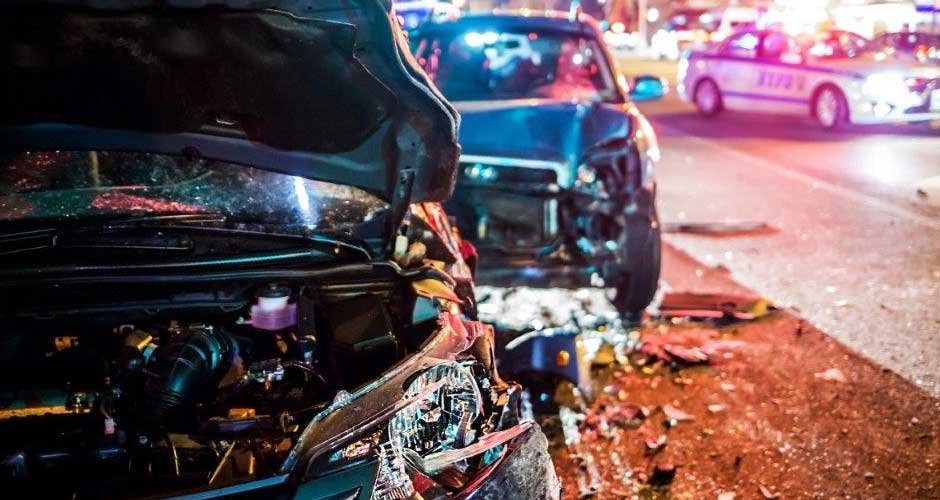Experiencing a car accident can be a traumatic event for individuals and their families. The emotional impact can be particularly challenging when multiple family members are involved. Processing the aftermath of a car accident as a family requires open communication, support, and understanding. In this article, we will discuss ways to navigate the emotional journey together and help each family member cope with the effects of a car accident.
Prioritize Emotional Well-being
After a car accident, it’s essential to prioritize the emotional well-being of every family member. Encourage open communication and provide a safe space for each person to express their feelings, concerns, and fears. Listen attentively and validate their emotions without judgment. Support yourself and your family as you navigate potential injuries, law enforcement, insurance statements, and acquire assistance from lawyers. Reassure one another of your support and remind each other that it’s normal to experience a wide range of emotions in such a situation.
Seek Professional Support
If any family member is struggling to cope with the emotional aftermath of a car accident, consider seeking professional support. A therapist or counselor experienced in trauma and family dynamics can provide guidance and help process the emotions surrounding the accident. Family therapy sessions can be particularly beneficial, as they allow everyone to express their thoughts and feelings in a controlled and supportive environment.
Educate Children Appropriately
If children are involved in the car accident, it’s crucial to approach their understanding and processing of the event with care. Tailor the information provided to their age and level of comprehension. Offer age-appropriate explanations and answer their questions honestly and sensitively. Reassure them of their safety and emphasize that accidents happen, and steps are being taken to prevent similar incidents in the future.
Practice Self-Care
Encourage each family member to practice self-care during the recovery process. Engage in activities that promote relaxation, such as exercise, meditation, or hobbies. Encourage healthy eating habits and adequate rest to support physical and emotional well-being. Remind each other to take breaks from discussing the accident when needed, focusing on positive aspects of life and engaging in activities that bring joy.
Create a Support Network
Building a support network within and outside the family can help each member navigate the emotional journey more effectively. Encourage family members to lean on each other for support and understanding. Additionally, seek support from close friends, relatives, or support groups that specialize in car accident survivors. Sharing experiences and learning from others who have gone through similar situations can be empowering and reassuring.
Practice Safety Measures
As a family, it’s important to reinforce safety measures and promote responsible driving habits. Use the car accident as a learning opportunity for everyone to become more aware and cautious on the road. Encourage seatbelt usage, adhering to traffic rules, and avoiding distractions while driving. By actively promoting safe driving practices, you can reduce the risk of future accidents and instill a sense of empowerment and control.
Processing a car accident as a family requires patience, understanding, and support. By prioritizing emotional well-being, seeking professional help when needed, educating children appropriately, practicing self-care, creating a support network, and reinforcing safety measures, you can navigate the emotional journey together. Remember, coming together as a family and providing a nurturing environment for each other’s healing is essential in moving forward and finding strength in the face of adversity.






